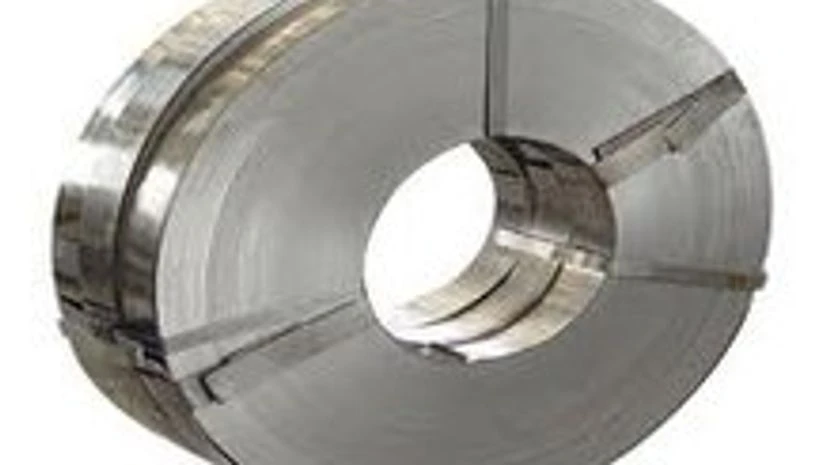Stating that the share of Chinese stainless steel products has touched about 30% in the Indian market, stainless steel body ISSDA has demanded doubling the import duty on these to 10% in the upcoming budget to safeguard interests of domestic industry.
In a statement, the Indian Stainless Steel Development Association said Chinese producers were enjoying advantages like low power tariff and various forms of direct and indirect support provided by the Chinese government.
These were being dumped in India at the cost of domestic industry, it said adding the share of Chinese flat stainless steel products into the country had risen to 30%.
More From This Section
"Also, the import duties on raw materials like scrap, nickel and Ferro nickel is virtually nil in China as compared to 2.5% in India," the statement said, adding this gives the Chinese mills far higher levels of protection as compared to Indian manufacturers.
It added that the problem of trade imbalance is especially pronounced in the industry where China now accounts for almost 50% of total stainless steel global production in the world.
India, on its part, witnessed a huge surge in its imports to 3,07,266 tonnes in 2013-14 from 1,78,611 tonnes in 2009-10, the industry body said.
It added that on the contrary, Indian companies have made huge investment of over Rs 25,000 crore in the last few years and are reporting losses and that this may result in NPA due to the high import of stainless steel from China.
For April 2014, stainless steel exports data indicate an increase of 22% during April to 3.9 lakh tonnes.
ISSDA President NC Mathur said: "Although India is the world's second-largest consumer and third-largest producer of stainless steel, the nation's average per capita consumption of stainless steel is only about 2 kilos, whereas the global average is 5 kilos."
"To address these challenges and meet development goals, an import duty hike is really needed to create a level-playing field for domestic steel producers because China uses dumping and other unfair trade practices to enter foreign markets.
"It would also be in the national interest to abolish customs duty on the key raw materials so that Indian steel producers remain globally competitive and meet the challenge of cheaper Chinese products head on," Mathur added.

)
